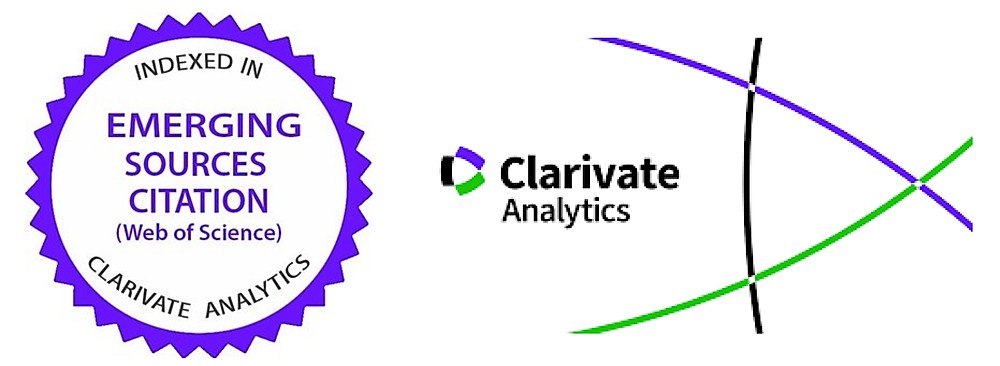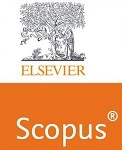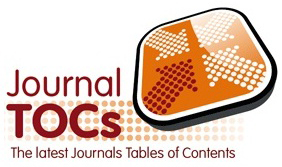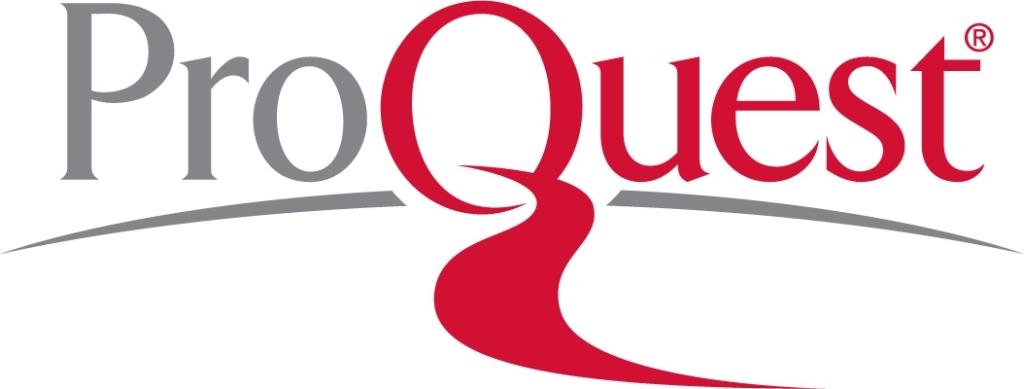Taxation and Transportation: Granger Causality Approach in Nigeria
Abstract
This study gauges taxation's effect on transportation from 1981 to 2019 in Nigeria. This study further assesses the bearing of causality among Transportation, Corporate tax, Petroleum profit tax, Value added tax and Custom and Excise duties. Analytical tools such as VECM, Johanson Test for Cointegration, Vector Autoregression and granger causality Wald (GCW) test are adopted for analysis. Diagnosis tests such as the Lagrange-multiplier test, Jarque-Bera test and Eigenvalue stability condition are carried out to examine autocorrelation, stability and normality tests respectively. Outcomes divulge that corporate tax has a positive short-run and long-run influence on transportation. Petroleum profit tax, Value added tax and Custom and Excise duties also impact transportation positively and significantly both in the long run and short run as deduced from empirical analysis. This reveals that all the components of taxation observed influence transportation positively both in the long run and short run in Nigeria. Conclusively, taxation impacts transportation positively and significantly both in the short run and long run. This translates that taxation income has been utilized effectively to upsurge transportation in Nigeria. It predicts that transportation will perform excellently in terms of economic development and employment generation if taxable income is properly monitored and utilized effectively.



























